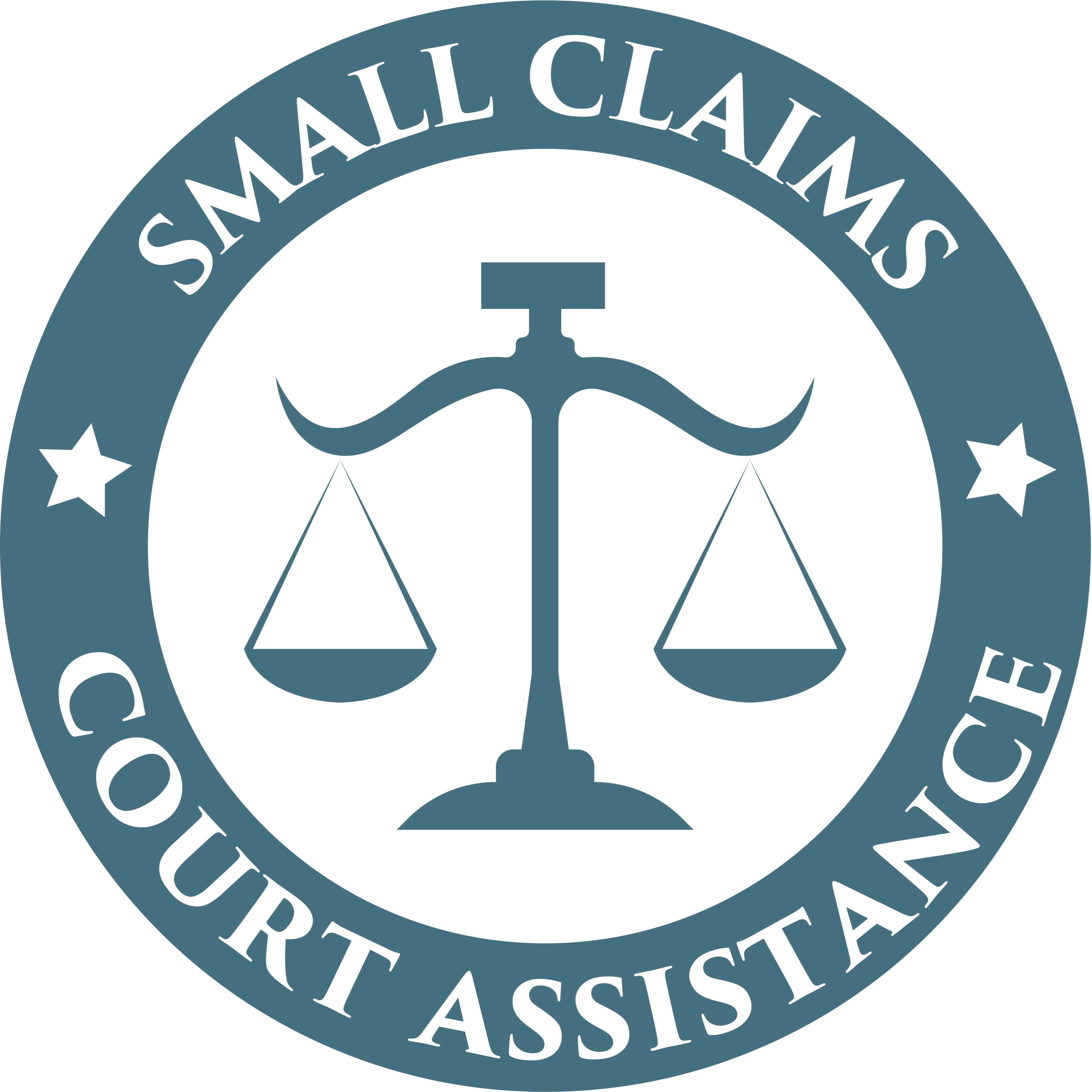When it comes to legal battles, especially those involving money, many people are not clear about the distinctions between Small Claims Court and Civil Court. Both are tools for resolving disputes, but each has its own set of rules, procedures, and limitations. Understanding these differences can be crucial for choosing the best path to resolve your issue. Moreover, before delving into legal proceedings, consider alternative options like third-party debt recovery services, which can offer a more straightforward and cost-effective approach.
The Basics of Small Claims Court
Small Claims Court is designed to be a simplified legal process that allows individuals to settle minor disputes involving relatively small sums of money, without the need for a lawyer. In general, the maximum amount that can be claimed varies by jurisdiction, but it typically ranges from $5,000 to $10,000.
Pros:
- Lower Costs: Usually, filing fees are less expensive.
- Simpler Procedures: The process is designed to be simple enough for people to represent themselves.
- Speed: Small claims cases are often resolved much quicker, sometimes within a couple of months.
Cons:
- Limited Recovery: The maximum amount that can be recovered is limited.
Less Formality Can Mean Less Precision: The casual nature might mean important legal protocols are not as rigorously observed.
- Limited Appeals: In some jurisdictions, you may not have the right to appeal.
The Intricacies of Civil Court
Unlike Small Claims Court, Civil Court is designed to handle more complex legal issues and disputes over larger sums of money. The cases can range from minor cases just above the small claims limit to disputes involving millions of dollars.
Pros:
- Higher Claim Limits: There is often no upper limit on the amount that can be claimed.
- Formality: More stringent legal protocols may mean a more precise application of the law.
- Right to Appeal: Unlike small claims, you have the right to appeal the decision.
Cons:
- Costly: Legal representation, court fees, and other costs can add up quickly.
- Complex Procedures: Civil Court cases require adherence to strict legal procedures.
- Time-Consuming: Cases can drag on for years in some instances.
Why Consider Third-Party Debt Recovery Services Like DCI?
Before you proceed down the path of either Small Claims or Civil Court, it’s important to consider alternative methods for debt recovery, such as the services offered by DCI (Debt Collectors International). Here are some compelling reasons to choose DCI:
- Cost-Effectiveness: The ‘No Recovery, No Fee’ model minimizes financial risks.
- Quick Resolution: Time is of the essence, and DCI understands that.
- Expertise: A proven track record in debt recovery across different sectors.
- Global Reach: Their international presence can handle cross-border disputes.
- Transparency: Stay informed with real-time updates on your case.
- Legal Support: Access to legal advice without the need for external counsel.
- Tailored Solutions: DCI understands that each case is unique.
- Client Focus: Your success is their goal.
- Compliance: All activities are carried out in compliance with relevant laws.
- Stress-Free: Allows you to focus on running your business rather than on legal proceedings.
Conclusion
While Small Claims Court offers a faster, less expensive avenue for resolving minor disputes, Civil Court provides a venue for more significant, complex issues. However, both come with their own sets of complications and costs. Before engaging in legal action that may be both time-consuming and expensive, it’s wise to consider other avenues for resolving your dispute or recovering debt. DCI offers a less stressful, more straightforward path, that could save both time and money in the long run.
For more information on third-party debt recovery services, visit www.debtcollectorsinternational.com or call 855-930-4343. Before you find yourself entangled in the legal system, explore DCI’s services as a viable alternative to litigation or hiring an attorney.

Comments are closed